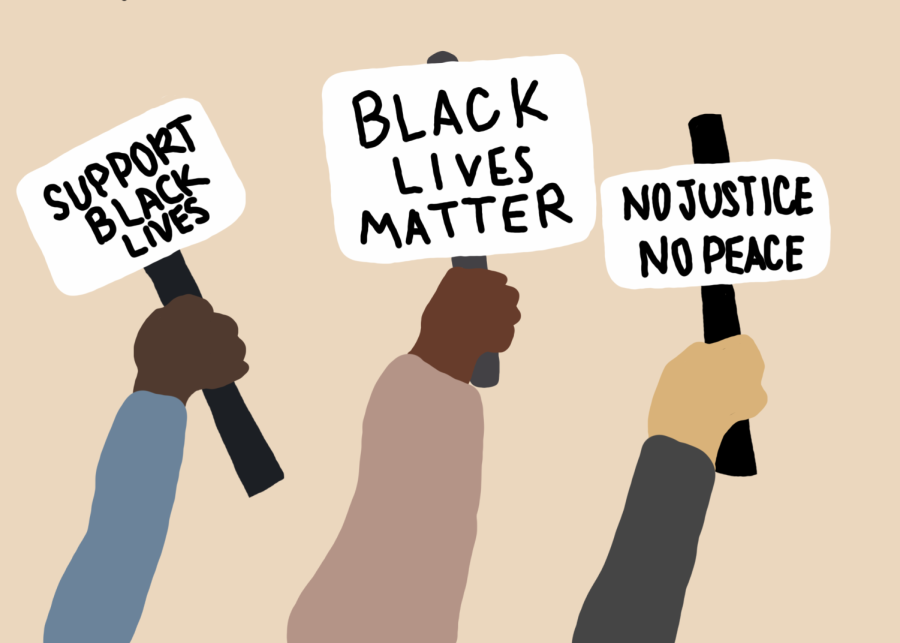The case of Ahmaud Arbery
February 22, 2022
The trial for the three men who murdered Ahmaud Arbery is underway and the jury will begin deliberating as soon as this week. The grief of the case has been felt since his death in February 2020, but the case has evolved since. A brief timeline of the case will reveal why it is not only controversial but why it sets such a precedent for how racial violence cases are handled in the future.
Between Feb. and April 2020, two prosecutors found no reason to charge the defendants and another recused themselves from the case, claiming there was no reason to charge the defendants because they acted legally under Georgia’s citizen’s arrest and self-defense laws.
On April 13, 2020, District Attorney Tom Durden took over the case.
May 5, 2020, the graphic video of the encounter between the three men and Arbery was released. It shows Arbery running down the residential road, a white pickup truck and a man standing next to the vehicle. Shouting can be heard in the video just as Mr. Arbery emerges, in a scuffle with the man outside the truck as three gunshots resound.
May 7, 2020, Gregory and Travis McMichael were arrested and jailed in Glynn County. Both men were charged with murder and aggravated assault.
May 10, 2020, Chris Carr, Georgia’s attorney general, asked the Justice Department to initiate an investigation for the case. The Department questioned whether to bring hate crime charges and asked officials to bring forward relevant information as they considered doing an investigation.
The next day, a fourth prosecutor was appointed by Carr to handle the case. Joyette M. Holmes, the newly appointed prosecutor, is the first African-American to hold office.
On May 21, 2021, the man who filmed the encounter between the McMichaels, William Bryan, was arrested.
Flashforward to April 2021, Bryan and the McMichaels are charged with one count of interference. They were charged with one count of attempted kidnapping and the McMichaels were charged with using, carrying and brandishing a firearm.
Nov. 24, 2021, a jury found Mr. Bryan and McMichaels guilty of murder. The jury agreed with the prosecutor’s arguments — that Arbery posed no threat to the McMichaels and they had no reason to believe he had committed a crime.
In Jan. of 2022, prosecutors tried to reach a plea deal but were rejected.
On Monday afternoon, a jury deliberated whether or not the shooting amounted to a crime of “interfering with his right to use public street” due to his “race and color.”
The three men have already been found guilty in a state court and sentenced to life in prison. This current decision could amount to an additional life-long prison sentence, including the charges of attempted kidnapping and weapons charges. In addition, the question of the case is not whether the three men killed Arbery — that much is obvious — but rather if their actions were based solely on the color of his skin. The case is significant because it speaks to the larger movement for Black lives. The men who killed Arbery were racially motivated, there is no question. Arbery was innocent, yet died in the streets of a city he called his own. How can that go unaddressed and misunderstood? In a moment of economic uncertainty and immense racial tension, there cannot be any question — there must be justice for Ahmaud Arbery.








